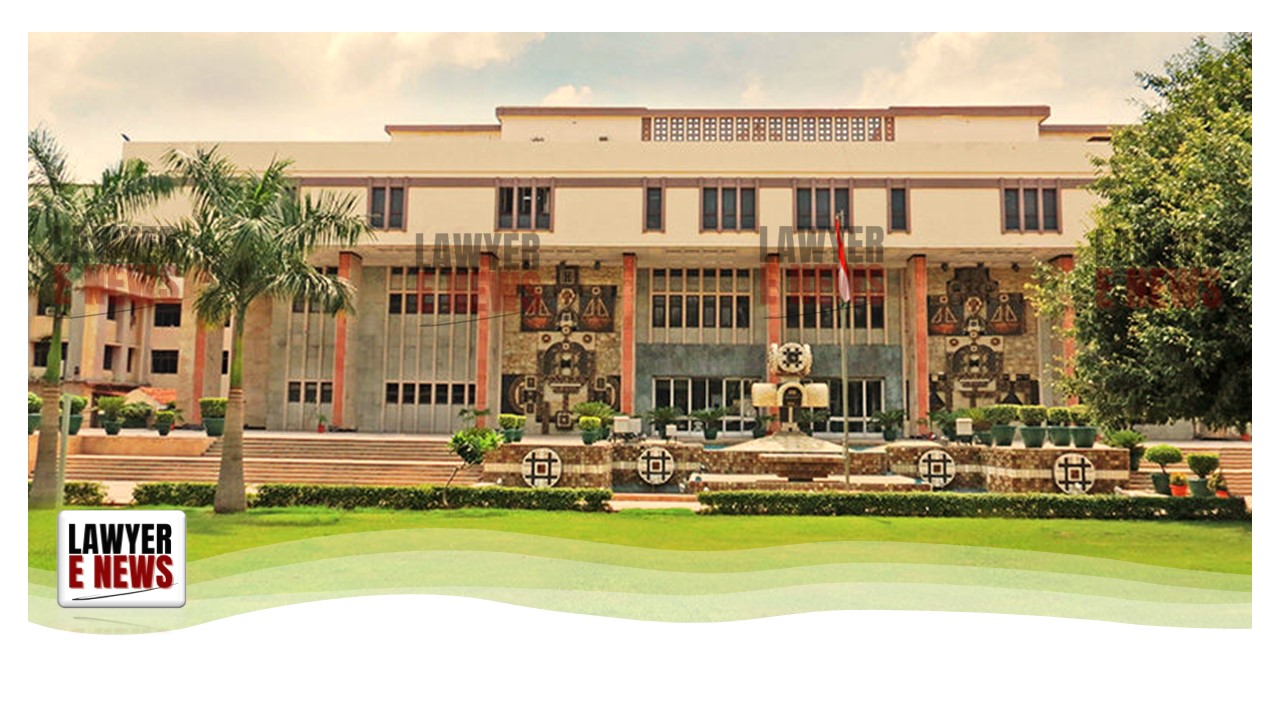-
by Admin
15 February 2026 2:36 AM



On September 12, 2024, the Delhi High Court dismissed multiple petitions challenging orders of the National Consumer Disputes Redressal Commission (NCDRC), ruling that the court lacked jurisdiction over such petitions unless the cause of action arose within its territorial limits. Justice Manoj Jain followed the Supreme Court's precedent in Siddhartha S. Mookerjee vs. Madhab Chand Mitter, directing petitioners to approach the High Courts of the states where the initial cause of action occurred.
The petitioners, including companies like Punjab National Bank, TDI Infrastructure Ltd., and Indus Hospitals, had approached the Delhi High Court under Article 227 of the Constitution to challenge NCDRC orders. The core issue was whether the Delhi High Court could exercise jurisdiction merely because the NCDRC is located in Delhi.
The petitioners argued that since the NCDRC is situated in Delhi, the Delhi High Court should have jurisdiction to hear their petitions. However, the respondents contended that the jurisdiction must be determined based on the location where the cause of action arose, in accordance with the Supreme Court’s ruling in Siddhartha S. Mookerjee.
The primary legal issue was whether the Delhi High Court had jurisdiction to entertain petitions challenging NCDRC orders based solely on the tribunal's location in Delhi. The petitioners claimed that Article 227 gave the Delhi High Court superintendence over all tribunals located within its territorial jurisdiction, including the NCDRC. In contrast, the respondents cited the Siddhartha S. Mookerjee ruling, which held that the jurisdiction lies with the High Court where the original cause of action occurred.
Justice Manoj Jain ruled that the Delhi High Court lacked jurisdiction to hear the petitions, reiterating that jurisdiction should be based on where the cause of action arose, not the location of the NCDRC. The court heavily relied on the Supreme Court's ruling in Siddhartha S. Mookerjee vs. Madhab Chand Mitter, which established that the situs of the NCDRC does not automatically confer jurisdiction on the Delhi High Court.
The court noted that petitioners like Punjab National Bank and TDI Infrastructure should have filed their petitions in the High Courts of Punjab and Haryana, respectively, where the original disputes arose. The court further clarified that even though the NCDRC is based in Delhi, the appropriate High Court is determined by the location of the underlying consumer dispute.
Situs of NCDRC Does Not Confer Jurisdiction: The court emphasized that the location of the NCDRC in Delhi does not give the Delhi High Court jurisdiction over all petitions challenging its orders. The jurisdiction is determined by the location of the original cause of action.
Following Supreme Court Precedent: The court followed the Supreme Court's ruling in Siddhartha S. Mookerjee, which mandates that petitions under Article 227 should be filed in the High Court where the cause of action first arose.
Convenience for Litigants: The court noted that requiring petitioners to approach the High Court in their respective states ensures access to justice and reduces the burden of traveling to Delhi for litigation.
The Delhi High Court dismissed the petitions, holding that they were not maintainable due to a lack of jurisdiction. The court directed the petitioners to approach the respective High Courts in whose jurisdiction the cause of action arose, in line with the Supreme Court's decision in Siddhartha S. Mookerjee.
Date of Decision: September 12, 2024
M/s TDI Infrastructure Ltd. vs. Birjendra Singh Mallik & Ors. and connected cases.
